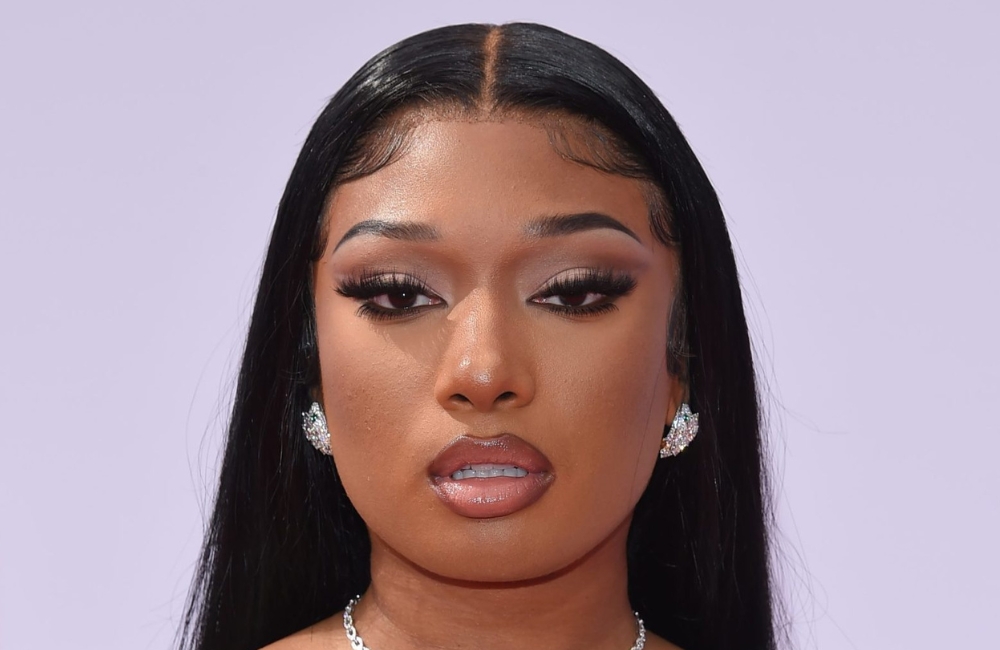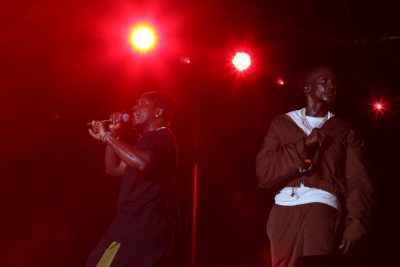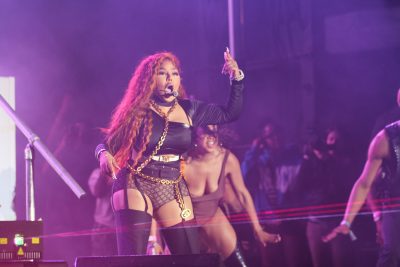The legal landscape shifted dramatically for Grammy-winning artist Megan Thee Stallion as a Florida judge denied blogger Milagro Cooper’s motion to dismiss the high-stakes defamation lawsuit. This ruling marks a significant turning point in the ongoing battle between the music industry powerhouse and the social media influencer, known professionally as Milagro Gramz. The decision underscores a growing trend in the entertainment industry where artists are taking stronger stances against online defamation.
Understanding the core allegations
At the heart of this legal confrontation lies a series of statements that have prompted Megan Thee Stallion to take decisive action. The lawsuit details a pattern of behavior that extends beyond casual commentary into what the artist’s legal team characterizes as a coordinated campaign of misinformation. The judge’s recent ruling suggests these claims hold substantial merit, warranting further legal examination.
The allegations focus on multiple instances where Cooper allegedly published false information across various social media platforms. These posts, which reached thousands of followers, contained unverified claims about the artist’s personal and professional life. The court documents reveal a systematic pattern of posts that appeared designed to harm Megan Thee Stallion’s reputation and commercial interests.
Digital age defamation
The entertainment industry has witnessed a fundamental transformation in how reputation management intersects with social media influence. This case illuminates the growing challenges faced by public figures in an era where information spreads instantaneously across digital platforms. The traditional boundaries between journalism, social commentary, and potential defamation have become increasingly blurred, creating new legal challenges that courts must address.
The rise of social media platforms has created an environment where information, whether true or false, can reach millions within hours. For artists like Megan Thee Stallion, whose career depends heavily on public perception, the impact of defamatory statements can be particularly damaging. The case highlights how traditional defamation laws are being adapted to address modern digital communication challenges.
Impact on entertainment law
This case represents more than just a personal victory for Megan Thee Stallion; it potentially reshapes the legal framework for celebrity defamation cases. The ruling sets preliminary precedents for how courts may handle similar cases involving social media influencers and public figures. Entertainment lawyers across the country are closely monitoring these proceedings, recognizing their potential influence on future litigation strategies.
The case also raises important questions about the distinction between opinion and factual claims in social media posts. Legal experts suggest this ruling could help establish clearer guidelines for content creators and influencers regarding what constitutes protected speech versus actionable defamation in the digital space.
Social media accountability
The rise of social media has created a new class of content creators who wield significant influence over public opinion. This case highlights the growing tension between free speech rights and the responsibility that comes with digital platform access. The court’s decision suggests a potential shift toward holding social media commentators to higher standards of accountability when making public statements about celebrities.
Platform policies and content moderation practices may also face scrutiny as a result of this case. Social media companies might need to reevaluate their approaches to handling potentially defamatory content, especially when it involves public figures and verified accounts.
Future implications
As this case progresses, it could establish new guidelines for how social media influencers engage with celebrity content. The legal proceedings may influence platform policies, content creator behavior, and the overall landscape of celebrity-focused social media commentary. Industry observers note that this case might serve as a blueprint for similar situations in the future, potentially affecting how influencers approach celebrity coverage.
The outcome of this case could also impact how celebrities and their legal teams approach online defamation in the future. It may encourage more public figures to take legal action against false statements made on social media, leading to a more regulated and responsible digital media environment.













